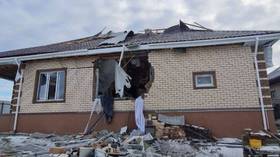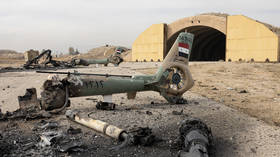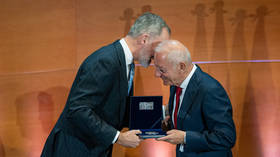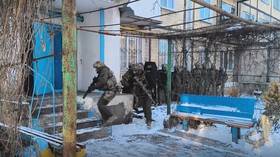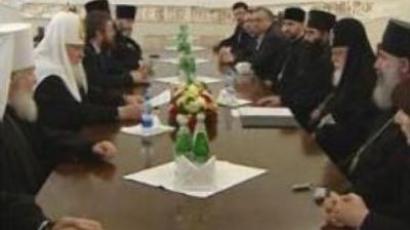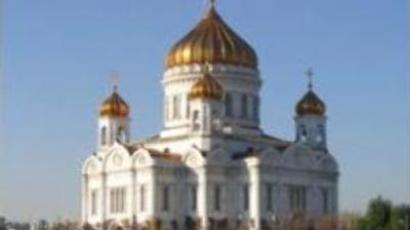Who will become Aleksy II’s successor?
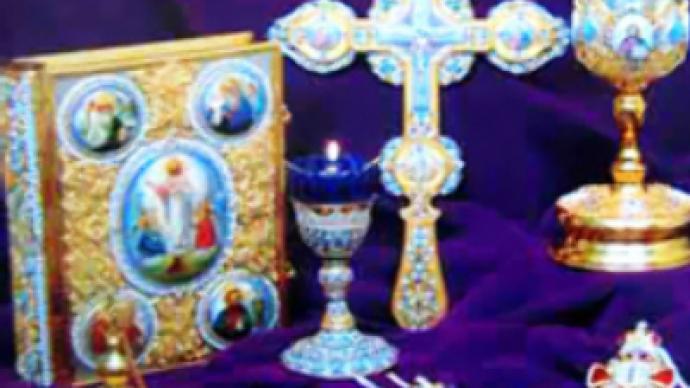
The leading figures from the Russian Orthodox Church will gather on Saturday at the residence of the late Patriarch, Aleksy II, to decide on who will be the temporary head of the church. So, who are the most probable candidates for this position?
The head of the Moscow Patriarchate's external relations department, Metropolitan Kirill of Smolensk and Kaliningrad, is among the frontrunners. He cut short his participation in the World Russian People's Congress at the Cathedral of Christ the Saviour.
Metropolitan Kirill, alongside Metropolitans Mefody and Sergy, were seen a few years ago as the most likely successors.
Metropolitan Kirill of Smolensk and Kaliningrad was the main figure in the reshuffles inside the Russian Orthodox Church in 2003-2004.
Many in the Russian media say this hierarch possesses exceptional personal qualities – he is energetic, a modern-thinker and open-minded. He would represent a stark contrast to some of his colleagues.
More importantly, Metropolitan Kirill has the staff of the external church relations department at his disposal. There he has managed to create a large base of expertise and important contacts. Kirill and his closest aides are welcome visitors and guests not only on the federal television channels, but also at many offices in the Kremlin.
According to some insiders, Metropolitan Kirill is a person of means. All attempts by the church to go into business in the 1990s were directly linked to his name.
Another possible heir, Metropolitan Mefody of Voronezh and Lipetsk, the curator of major church projects, is known for his well-established links with the Kremlin. He was dispatched to Kazakhstan's capital Astana to create ‘a Kazakh metropolitan's district’.
And the manager of the Moscow Patriarchate's property department, Metropolitan Sergy of Solnechnogorsk, was sent to Voronezh. Simultaneously, the Lipetsk Region – the main source of income for the diocese – was separated from it. As a result, according to media speculation, the chances of either metropolitan Mefody or Sergy getting the Patriarch's seat (until then rated very highly) grew substantially slimmer.
However, this is not the complete list of the likely successors. Some mention the current manager of the Moscow Patriarchate's properties, Metropolitan Kliment of Kaluga and Borovsk, a member of the Public Chamber, delegated there under the presidential quota.
But while there are a number of equally placed contenders, some believe a ‘compromise’ option could come into the reckoning. Thus one cannot exclude any surprises.
New election system
Under the current Charter of the Moscow Patriarchate, the Patriarch is elected at the National Council of Bishops and delegates from the clergy and the laymen. However, a new version of the Charter was drafted and secured its approval at the Assembly of Hierarchs in 2000.
The letter turns the National Council into a formal ritual. Firstly, all candidates for the Patriarch's seat are to be nominated by the Assembly of Hierarchs beforehand, and, secondly, all decisions the National Council may make will take effect only after their approval by a two-thirds majority of the hierarchs.
In reality, the function of deciding the question of a future Patriarch has been delegated to the Assembly of Hierarchs – a corporation of a select few.



